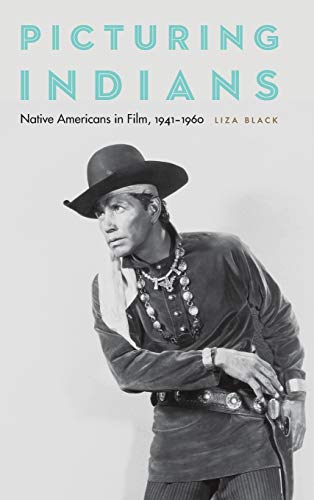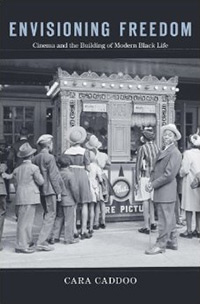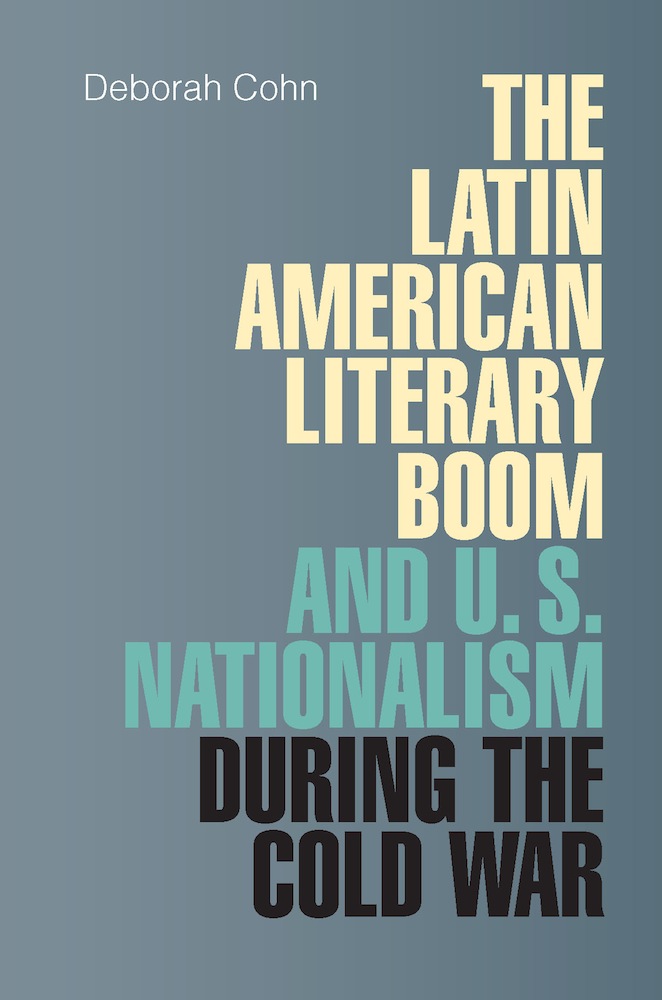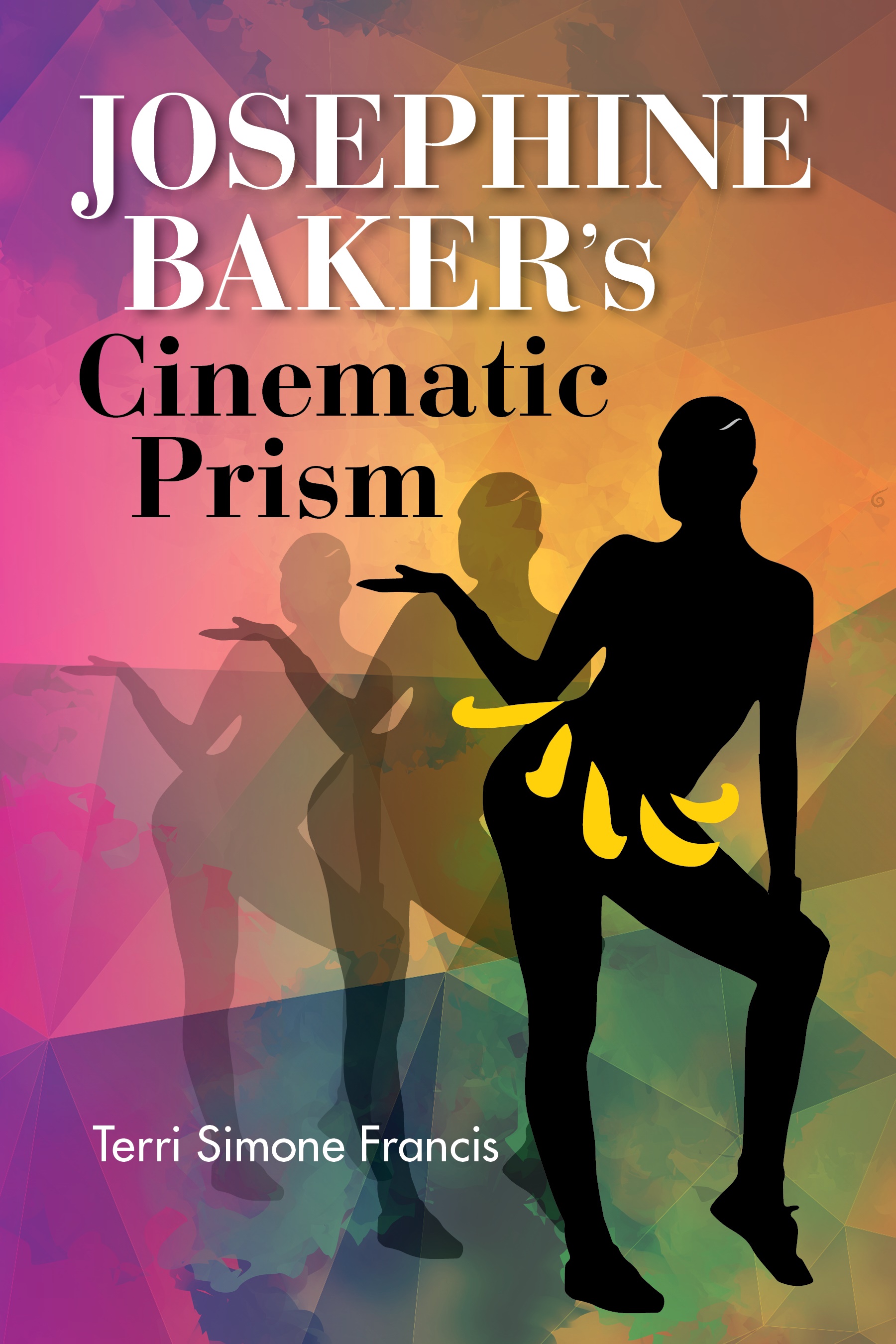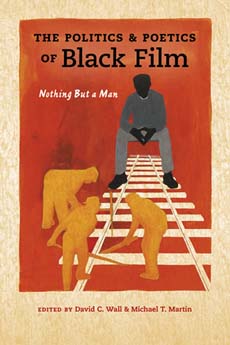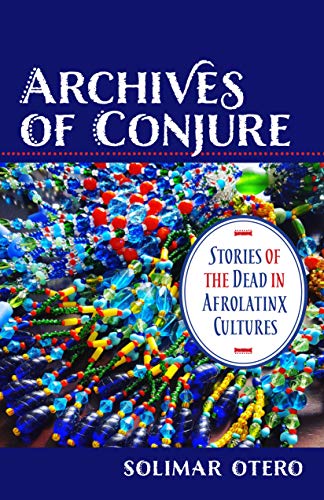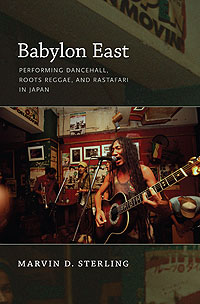Picturing Indians: Native Americans in Film, 1941–1960
Liza Black
University of Nebraska Press, 2020
Standing at the intersection of Native history, labor, and representation, Picturing Indians presents a vivid portrait of the complicated experiences of Native actors on the sets of midcentury Hollywood Westerns. This behind-the-scenes look at costuming, makeup, contract negotiations, and union disparities uncovers an all-too-familiar narrative of racism and further complicates filmmakers’ choices to follow mainstream representations of “Indianness.”


